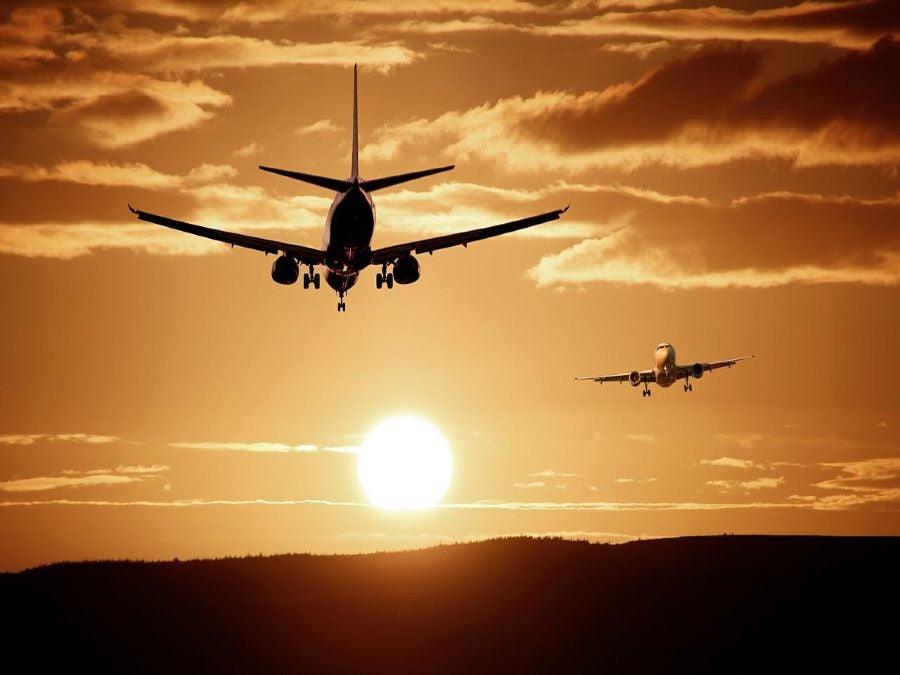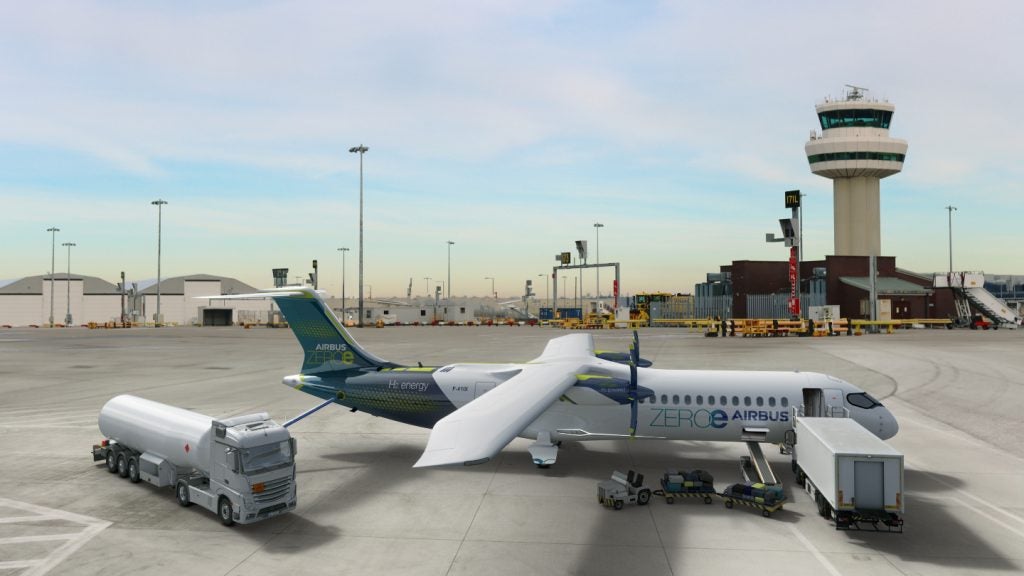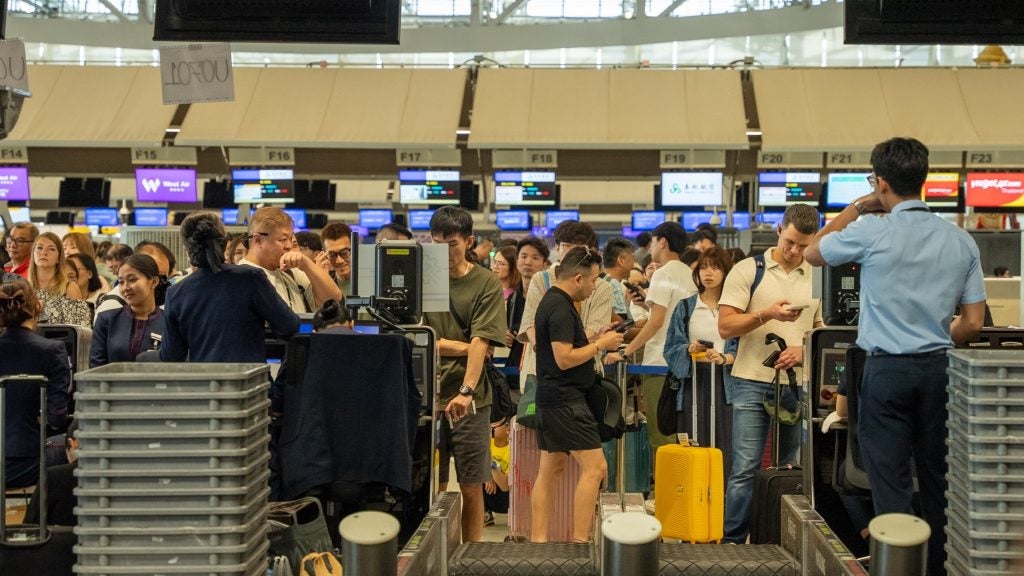
On World Environment Day, 5 June, Malaysia Airlines operated its first passenger flight using Neste MY Sustainable Aviation FuelTM on flight MH603 from Kuala Lumpur to Singapore. The flight refuelled at Kuala Lumpur International Airport (KLIA).
The Boeing 737-800 aircraft used a blend of conventional jet fuel and Neste’s SAF which is produced from 100% renewable waste as well as residue raw materials which includes animal fat waste.
This was made possible by a supply deal with PETCO Trading (UK), PETRONAS’ marketing and trading arm in Europe. Petronas Dagangan Berhad, at KLIA, was responsible for product handling and refuelling.
A Malaysia Aviation Group (MAG) spokesperson said: “SAF is produced from sustainable resources that are certified to be blended with conventional jet fuel. The chemical and physical characteristics of SAF are almost identical to fossil-based jet fuel and it can be safely used interchangeably in the aircraft engines.
“The use of SAF has been shown to provide significant benefits to the environment as it reduces up to 80% in overall CO2 emissions compared to traditional jet fuel.”
A long-term supply of SAF is now available at KLIA for airline customers and flights operated by sister airlines under MAG such as Firefly.
How well do you really know your competitors?
Access the most comprehensive Company Profiles on the market, powered by GlobalData. Save hours of research. Gain competitive edge.

Thank you!
Your download email will arrive shortly
Not ready to buy yet? Download a free sample
We are confident about the unique quality of our Company Profiles. However, we want you to make the most beneficial decision for your business, so we offer a free sample that you can download by submitting the below form
By GlobalDataThe fuels are referred to as drop-in fuels because they can be automatically incorporated into airport fuelling systems without modifications to the airport infrastructure. However, MAG still expects to develop SAF pipelines.
MAG acknowledged the need for an all-in holistic approach with further R&D and large investments to enhance technology. A shift in regulatory environment is also necessary for the wider adoption of SAF in the aviation industry.
“There are huge challenges ahead to make a net-zero carbon emissions prospect realistic, as first we need to ensure that it is economically viable. Airlines around the world must work together with all stakeholders to achieve this. All stakeholders need to play a role in driving aviation decarbonisation. If we don’t move together, we fail together,” said the spokesperson.
The MAG Sustainability Blueprint, launched in 2021, sets out plans for achieving a net-zero carbon future by 2050 and running flights that use SAF is an essential element.
There are various ESG-related projects in the company’s pipeline. The four near-term priorities are aircraft efficiency, technological enhancements to aircraft, SAF, as well as carbon offsets.
However, there are other initiatives that have been mentioned which also aim to minimise the business’ environmental impacts such as carbon accounting project to track GHG emissions which would assist in the development of decarbonisation strategy and mitigation plan. In addition, the installation of solar panels; waste management programme to contribute to the circular economy, and review of rainwater harvesting systems.
MAG is parent company of Firefly and MASwings as well as Malaysia Airlines. Fuel efficiency programmes such as SAF are key measures being taken to improve sustainability of operations.
The spokesperson said: “We are looking to have more flights powered by SAF to not only benefit the industry, but also for the global communities we serve and the future of our planet. Moving forward, we will look to make SAF the cleaner and more viable energy option for our regular flights.
“This is to also meet global regulations and comply with the Carbon Offsetting and Reduction Scheme for International Aviation (CORSIA) requirements set by the ICAO, where eligible SAF usage can allow us to reduce our offsetting requirements.”







